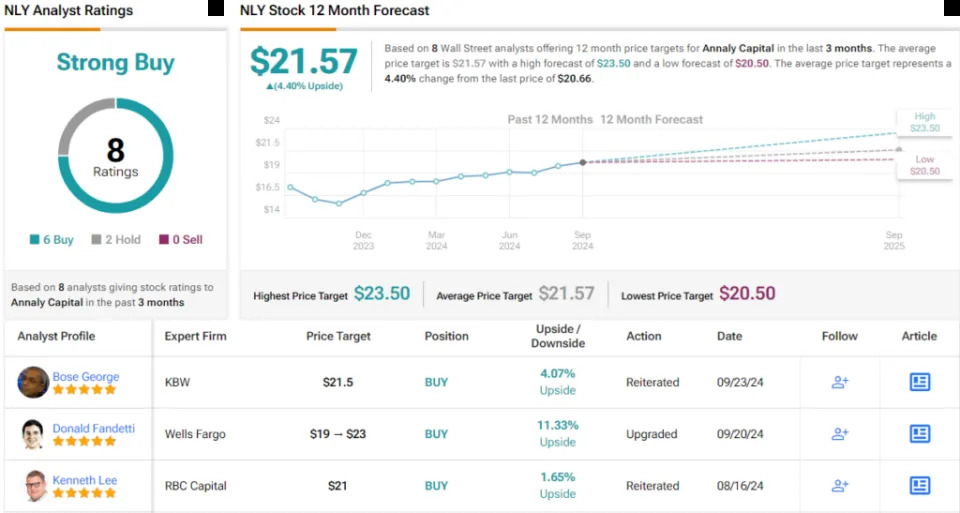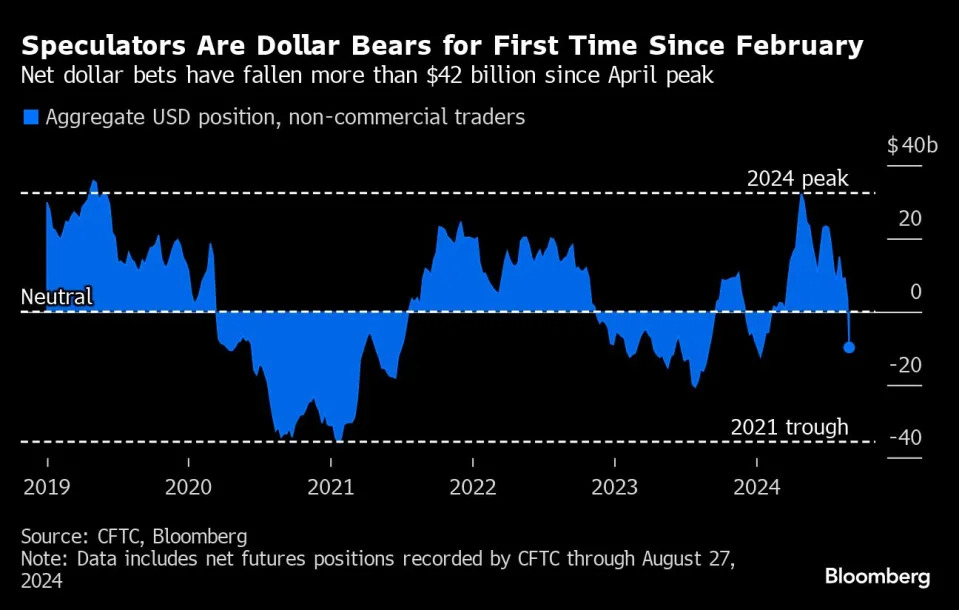
In the first 10 months after its initial public offering in December 2020, shares of Upstart (NASDAQ: UPST) rocketed 1,220% higher to their peak in October 2021. Investor sentiment toward the business couldn't have been higher.
But like many pandemic-era darlings, Upstart fell out of favor. Now its shares are more than 90% below that all-time high from nearly three years ago.
Is this fintech stock a smart buying opportunity right now? Let's consider both the bull and bear arguments as they relate to Upstart.
Upstart's innovative AI lending model
There's so much talk about artificial intelligence (AI) and how it could upend so many industries. But investors shouldn't forget that Upstart has been ahead of this tech trend, as AI has underpinned its entire business since its founding more than a decade ago.
Upstart operates an AI-powered lending model that analyzes over 1,000 variables about a potential borrower to more accurately assess credit risk. The widely used FICO model, which was adopted in 1989, only looks at five key factors. Because the company believes it has a better grip on a customer's ability to pay back a loan, Upstart claims its system can lower defaults and approve more borrowers.
That's a winning combination for the company's more than 100 lending partners, which includes banks and creditors. Even better, Upstart allows for a seamless workflow with no human interaction. In the second quarter, 91% of its loan approvals were completely automated.
Up until a couple of years ago, the company's growth trajectory was outstanding. In 2021, Upstart posted a monster revenue gain of 264%. This was driven by loan volume expansion of 338%. The company even reported positive net income based on generally accepted accounting principles (GAAP) of $135 million that year.
Management believes the company's opportunity is huge. In the U.S., combining the markets for personal loans, auto loans, home loans, and small business loans gets us to a $3.1 trillion figure. Throughout its history, Upstart has facilitated $39 billion in loans, so there is still a large runway to try to capture. This doesn't even include the lending industries in international markets.
Upstart is a very cyclical business
While growth was superb during the period of ultra-low interest rates, Upstart has shown that its operations are extremely cyclical. Higher interest rates have been a major headwind, as demand for loans from both consumers and institutional investors has been subdued.
In 2023, the company recorded revenue of $514 million and transaction volume of $4.6 billion, which were down 38% and 59%, respectively, from the year before. Upstart finally returned to growth in the first quarter of this year, but then revenue dipped again in the second quarter.
The company is also bleeding money. Its net loss totaled $119 million in the first half of this year, after losing $240 million in the same 2023 period. So, not only is Upstart struggling to find growth, but it's in a very precarious financial position.
It's become strikingly clear in the past couple of years just how dependent the company is on having a favorable macro backdrop , mainly as it relates to low interest rates, for its success. That's not ideal for investors because macro factors are unpredictable.
With the possibility of interest rate cuts on the horizon, perhaps Upstart's situation will start to improve. However, if an investment opportunity requires you to correctly time the economic cycle in order for it to work out, then it's probably not a worthwhile place to park your capital.
Upstart's AI model is innovative and exciting. But even though the stock currently trades at a price-to-sales ratio below its historical average, this is a business to avoid owning right now.
Before you buy stock in Upstart, consider this:





